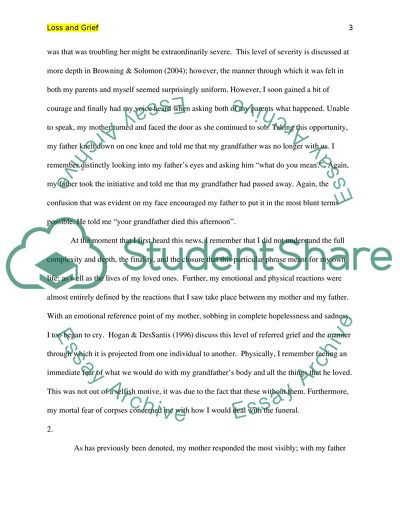Cite this document
(“Grief and Loss Personal Awareness Research Paper”, n.d.)
Grief and Loss Personal Awareness Research Paper. Retrieved from https://studentshare.org/psychology/1628195-grief-and-loss-personal-awareness
Grief and Loss Personal Awareness Research Paper. Retrieved from https://studentshare.org/psychology/1628195-grief-and-loss-personal-awareness
(Grief and Loss Personal Awareness Research Paper)
Grief and Loss Personal Awareness Research Paper. https://studentshare.org/psychology/1628195-grief-and-loss-personal-awareness.
Grief and Loss Personal Awareness Research Paper. https://studentshare.org/psychology/1628195-grief-and-loss-personal-awareness.
“Grief and Loss Personal Awareness Research Paper”, n.d. https://studentshare.org/psychology/1628195-grief-and-loss-personal-awareness.


